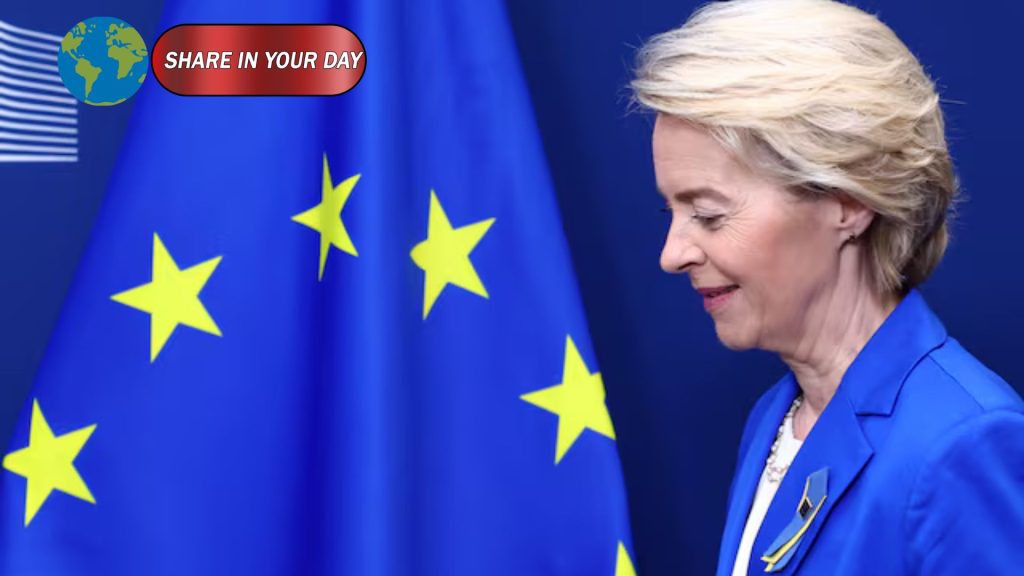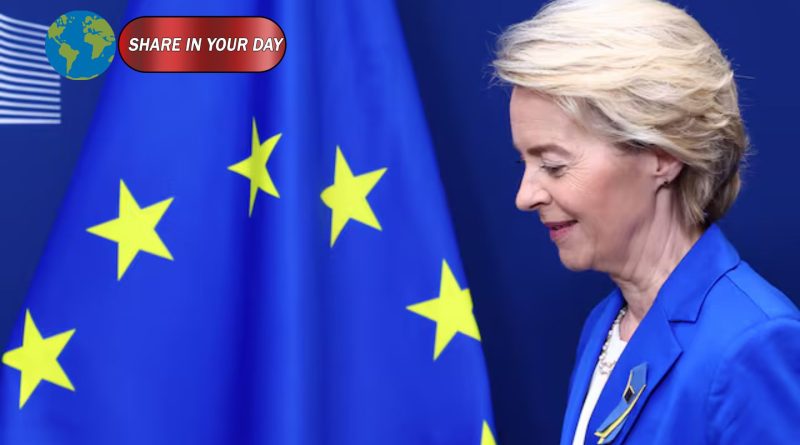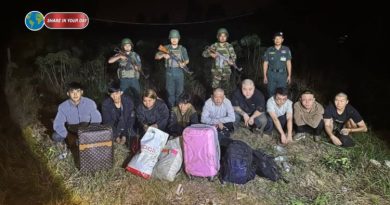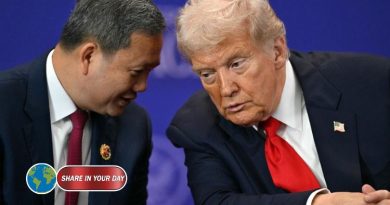EU Signals Firm Response as China Tightens Rare Earth Export Controls
The European Commission, with President Ursula von der Leyen at the helm, has issued a stern warning to China that it is prepared to retaliate if Beijing’s export restrictions on rare earth minerals begin to choke European industry. Her remarks, delivered at the Berlin Global Dialogue conference, signal a shift from diplomacy to readiness for more aggressive economic measures
A toolbox at the ready
In her address, von der Leyen emphasised that while the EU prefers “finding solutions” through dialogue with China, it is also ready to “use all of the instruments in our toolbox” if needed — including the bloc’s rarely-deployed anti-coercion mechanism.
The so-called “trade bazooka” could allow the EU to impose tariffs, quotas, export controls or market bans in response to coercive economic actions. French President Emmanuel Macron has already urged activation of the instrument.
Why the concern is serious
China’s decisions announced on 9 October to control the export of processing equipment for rare earths were described by von der Leyen as a “significant risk”, one capable of “severely hamper[ing] other countries from developing a rare earths industry”.
Rare earth elements play a critical role in clean-technology sectors: electric vehicles, wind turbines, advanced electronics and defence systems. Europe’s dependency on Chinese supply chains thus presents a strategic vulnerability.
The EU’s counter-strategy
To reduce its exposure, the Commission is laying out plans in several areas:
- Recycling — boosting recovery of rare-earth materials from end-of-life products.
- Joint purchasing — consolidating demand across member states to gain leverage.
- Stockpiling — building strategic reserves to buffer supply shocks.
- Investment — supporting European capacity in processing and refining.
The wider geopolitical backdrop
The EU’s move comes amid strengthened alignment with its G7 partners in addressing China’s economic coercion. By signalling a coordinated response, the bloc hopes to raise the cost of supply-chain disruption as a tool of statecraft.
What comes next
Activating the anti-coercion instrument would mark a major escalation in EU-China trade relations. If employed, the EU could impose punitive measures against Chinese firms or restrict Chinese access to European markets. The key question will be whether China responds in kind — for example, by further restricting rare-earth exports — and how far the EU is willing to push.
For Europe’s industry, practitioners and policymakers alike, the message is clear: the era of passive dependence is ending. The EU is signalling that supply-chain security, diversification and strategic autonomy are becoming non-negotiables.
Let me know if you’d like sub-articles on:
- China’s rare-earth export strategy and reasoning
- Deep dive into the EU anti-coercion instrument
- Rare-earth supply-chain vulnerabilities in Europe





